Holy See Addresses Key Global Issues During 72nd UN General Assembly
This is a busy time at the United Nations, which is wrapping up its 72nd General Assembly. Activities have been widely reported in the media. I’d like to focus on the Holy See’s presence and advocacy during these important days.
Following are some examples of how the Holy See contributed to debates about current, critical, global issues:
Monsignor Robert Vitillo, Secretary General of the International Catholic Migration Commission and Sister Carol Keehan, DC, CEO of Catholic Health Association, were among speakers at a September 13 breakfast promoting collaboration among all stakeholders in addressing HIV/AIDS among children and adolescents. Although much progress has been made, action is needed to encourage early testing, address resistance to medications, ensure access to medications and follow up in care.
On September 19, the Holy See focused on ending forced labor, modern slavery, and human trafficking. Archbishop Paul Gallagher, head of the Delegation of the Holy See to the General Assembly, offered a statement during a high level event related to the issue hosted by Prime Minister Theresa May of the United Kingdom.
In his statement, Archbishop Gallagher noted the collaboration of the Catholic Church and the British Government to eradicate the modern-day atrocity. He mentioned the Santa Marta Group, a collaborative effort between bishops and law enforcement officials. He also praised efforts of women’s religious organizations (and other Catholic entities) in freeing people from the bondage of slavery, trafficking, and forced labor.
And on September 20, Archbishop Gallagher signed and ratified for the Holy See, the Treaty on the Prohibition of Nuclear Weapons. The Holy see was one of 122 states that voted for the treaty during the summer. Archbishop Gallagher said that the Comprehensive Nuclear-Test-Ban Treaty (CTBT) is a cornerstone of the necessary structures to control the threat of nuclear weapons and lead to their abolition. He lamented that the CTBT has not yet entered into force and urged States who haven’t signed it to do so.
“The threat of mutually assured destruction cannot create a stable and secure world.”
The Holy See, the Permanent Observer Mission of Hungary, and the Institute for Cultural Diplomacy, on September 22, together challenged the UN to protect religious minorities in situations of war and conflict.
“It’s not enough to rebuild homes,” said Archbishop Gallagher.
“What is also needed is to rebuild society by laying the foundations for peaceful co-existence.”
He also noted that stopping vicious acts against religious minorities requires addressing hatred and cancers that spawn violence but also removing the instruments by which that hatred carries it out. He called for governments to stop the flow of finance and weapons used to target religious minorities.
As we work together at the United Nations, it is encouraging to hear Church leaders taking so many opportunities to speak out on social justice issues which affect all of us and are very much in keeping with the UN’s Sustainable Development Goals.
As members of the Vincentian Family, we strive for systemic change. The Holy See’s interventions during the General Assembly was much in keeping with our priorities.
Tags: United Nations

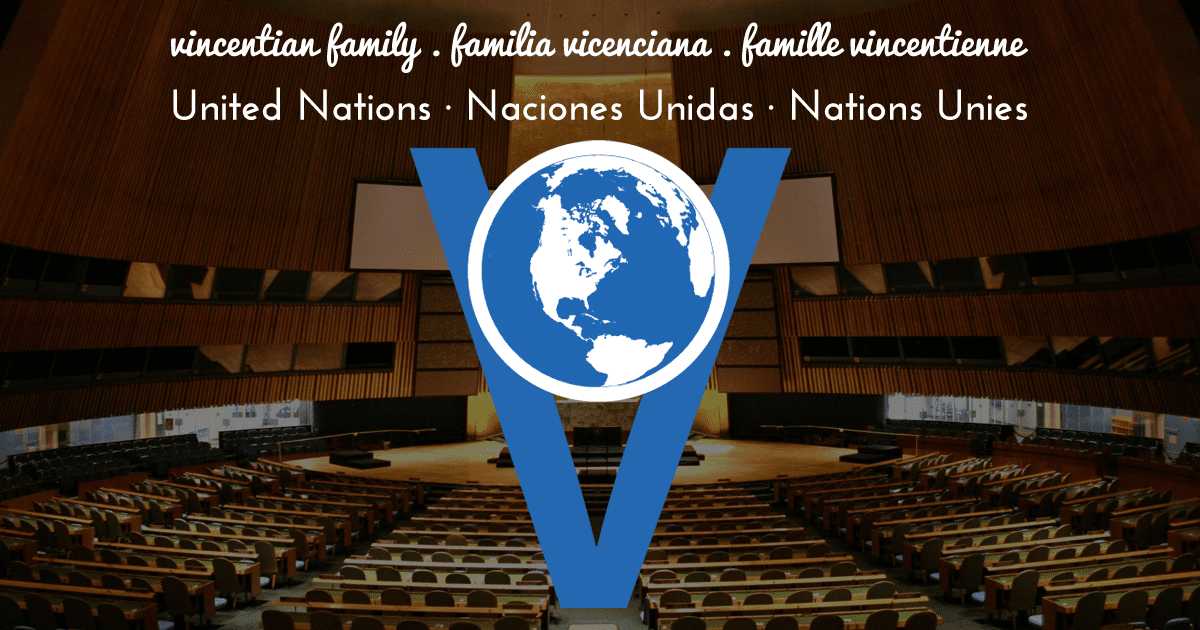

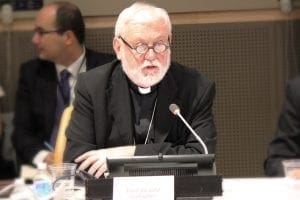
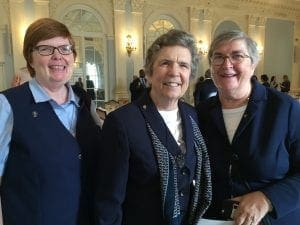
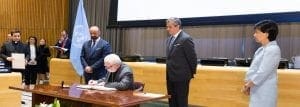
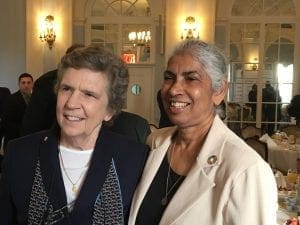




0 Comments